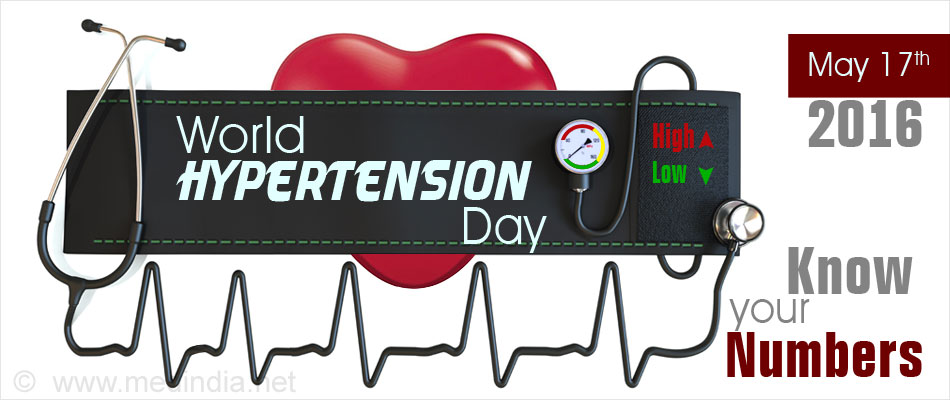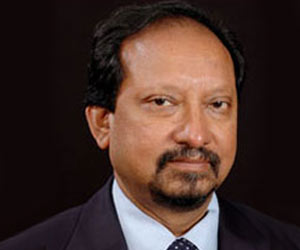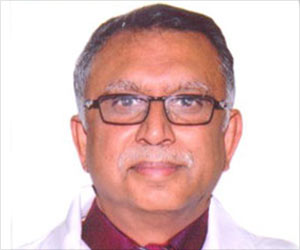
- World Hypertension Day is celebrated on May 17th every year
- The theme for this year’s World Hypertension Day is ‘Know your numbers’
- This day is dedicated to spreading awareness about blood pressure and associated diseases.
The likelihood of people dying due to complications associated with high blood pressure is
- 4 times more likely in Ghana
- 1 in France
- 6 times in Mongolia
Hypertension is one of the most prevalent chronic diseases in India
- 12 - 17% in rural areas
- 20-40% in urban cities
Dr. Peter Piot, Director of the London School of Hygiene and Tropical Medicine says that non-communicable diseases are rising in numbers across the world and out of that hypertension is the most prevalent and the one that we can do something about.
“Know Your Numbers”
In 2015, the target number was 1 million, but 2.5 million were ultimately screened. This year the target population that should be screened is 3 million. The organization along with their associate members hope to reach the target and spread awareness about the condition.
The normal blood pressure of an individual should be 120/80 mmHg. Ideally, the diastolic pressure (the lower number) should be maintained below 90 mm Hg.

Dr. Shyamprasad, a leading cardiac surgeon, Executive Director of the National Lutheran Health and Medical Board provides certain pointers towards maintaining a healthy blood pressure.
- Indians tend to consume a diet high in salt, which tends to elevate blood pressure. Indians should consciously consume lower levels of salt.
- Overweight people tend to be at higher risk of developing high blood pressure.
- A healthy exercise routine should be followed.
- Stress levels should be controlled through yoga and other methods aimed at reducing stress.
- High blood pressure increases the risk for cardiovascular diseases
- Small blood pressure increase does not usually produce any significant symptom
- Blood pressure can be detected only by monitoring
- Identification of small increase in blood pressure at an early stage will aid in lowering it using lifestyle and diet modifications.
Interview with Dr. Georgi Abraham to mark the World Hypertension Day 2016
Here are excerpts from an interview with the Director of Nephrology of Madras Medical Mission Hospital, Dr. Georgi Abraham as he discusses the raging issues with Hypertension in our society and the link with kidney disease. Other prestigious posts held by Dr. Georgi Abraham include Prof. of Medicine – Pondicherry Institute of Medical Sciences, Adjunct Prof - Tamil Nadu Dr.M.G.R University, Emeritus Prof - Sri Venkateswara University, Tirupati, Visiting Prof. Manipal University, Manipal, Editor in Chief, Indian journal of Peritoneal Diseases and South Asian Journal of Nephrology, Urology & Transplantation.

Q) What is the prevalence of hypertension in our society?
Dr. Abraham: The incidence of Hypertension in India is about 33% in urban Indians and 25% in rural Indians. Systemic Hypertension is an asymptomatic condition, which is more commonly prevalent with an aging population. The earliest age at which Blood Pressure recording should be done as recommended by the American Pediatric Association is from age 3 onwards yearly. The blood pressure reading in children should interpret according to the centiles. The reason for this recommendation is that Hypertension is prevalent in 0.62 to 1.4 % of children which is mostly due to secondary causes unlike middle-aged and adult population
Q) What is your recommendation for people diagnosed with hypertension?
Dr. Abraham: All hypertensives (Blood Pressure > 140/90 mm Hg) should have a kidney function test including a serum creatinine level and urine examination which is mandatory to exclude treatable kidney disease, that may be missed if this knowledge does not exist.
Q) What is the significance of kidney disease and hypertension?
Dr. Abraham: The Indian CKD registry data suggested diabetic kidney disease and hypertension as the commonest causes of morbidity. Some individuals with Hypertension have protein leak in the urine which may require investigations including a simple imaging such as an Ultra Sound Examination and if suspected of having kidney disease such as glomerulonephritis, a kidney Biopsy is necessary.
Q) How can hypertension be prevented or controlled?
Dr. Abraham: Simple measures like lifestyle modifications that include diet control, exercise, meditation and yoga can be useful in controlling blood pressure. An undiagnosed high blood pressure can lead to disastrous complications like stroke, heart failure, heart attack and chronic kidney disease.
All these complications can be prevented by controlling blood pressure with lifestyle modifications and medications which are available at a cheaper cost in India. As diabetes and hypertension can co-exist, both disease conditions should be appropriately treated and followed up with a family doctor on a regular basis for the well-being of the community.
References:
- Hypertension in India
http://www.cadiresearch.org/topic/hypertension/hypertension-india - Know Your Blood Pressure Day 2016
http://www.rotarygbi.org/know-blood-pressure-day-2016/














